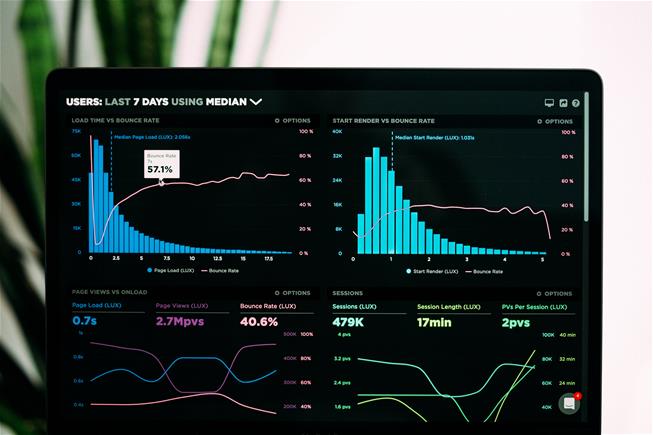Overview

The Master of Science in Financial Technology (90 ECTS, Level 9) was developed as an innovative programme intended to develop learners' skills in the area of Financial Technology. The integration of finance and technology has resulted in one of the most rapid and profound shifts in skills requirements within an industry in recent times. This rapid change required current and future employees in financial services to develop a capacity in the areas of finance, technology, regulation and data science to be able to effectively operate in the industry.
Moreover, employers continue to value employees that have developed advanced critical thinking, writing and research skills, and throughout the programme, learners have many opportunities to develop these important skills so that they emerge from the programme job-ready.
The taught component of this programme comprises core modules in Quantitative Financial Modelling, FinTech Regulation, Information and Cybersecurity Management, Distributed Ledger and Asset Tokenisation, Data Analytics and Machine Learning, Applied Financial Analysis and Research Methods one and two.
To graduate with an MSc in Financial Technology the learner must complete 9 required modules (varying between 4 and 10 ECTS) and choose one of the capstone options, namely the Applied Research Project, the Dissertation or the Placement, each of which is 30 ECTS.
Aims & Objectives
The specific programme objectives are as follows:
- To enable learners to develop mastery of current and developing financial technologies.
- To provide learners with a deep and systematic knowledge of the management of Financial Technology in organisational and regulatory contexts.
- To facilitate the development by the learner of applied skills that are directly complementary and relevant to the workplace.
- To identify and develop autonomous learning skills for the learner.
- To develop in the learner a deep and systematic understanding of current issues of research and analysis.
- To enable the learner to identify, develop and apply detailed analytical, creative, problem solving and research skills.
- Provide the learner with a comprehensive platform for career development, innovation and further study.
Delivery
This programme is taught on a hybrid basis. This means learners are timetabled either in-class or online, in a mix of online and in-class days.
Teaching & Assessment
DBS is committed to providing a flexible, active, peer-led, experiential and reflective learning environment for learners. As a result, throughout this programme, learners will experience a varied range of teaching and learning strategies, which have been selectively chosen and based on module content and suitability for assessment. While modules will be delivered through a mix of workshops, practical sessions, tutorials and lectures, teaching and learning will focus on the learner applying problem-solving skills and undertaking critical reflection and critique of case studies. The material will be presented during lectures and workshops with supporting material available via Moodle, DBS's virtual learning environment. Learning, teaching and assessment for this programme, therefore, encourages learners to develop critical thinking, creative problem solving and analytical and evaluative skills relating to real-world scenarios.
Entry Requirements
The minimum entry requirements for the MSc in Financial Technology are:
A Level 8 honours degree with a 2.2 or above in a cognate (science, technology, computing, business, finance or related) discipline, OR a Level 8 honours degree with a 2.2 or above in a non-cognate discipline with at least 1-2 years professional industry experience.
The evaluation of experiential learning will be determined on a case by case basis. In such instances an interview of the candidate may be required. Applicants will be required to complete the application form and provide written evidence as to their application for entry on to the programme with prior experiential learning. The DBS Quality Assurance Handbook details the exact procedure for evaluating such applications.
In addition, for applicants whose first language is not English and who have not undertaken their undergraduate degree through English the following is required:
The minimum requirement for a non-native English speaker is greater or equal to B2+ in the Common European Framework of Reference for Languages for admission. Non-EU applicants, residents outside Ireland/EU, must apply directly to the International Admissions Office at DBS.